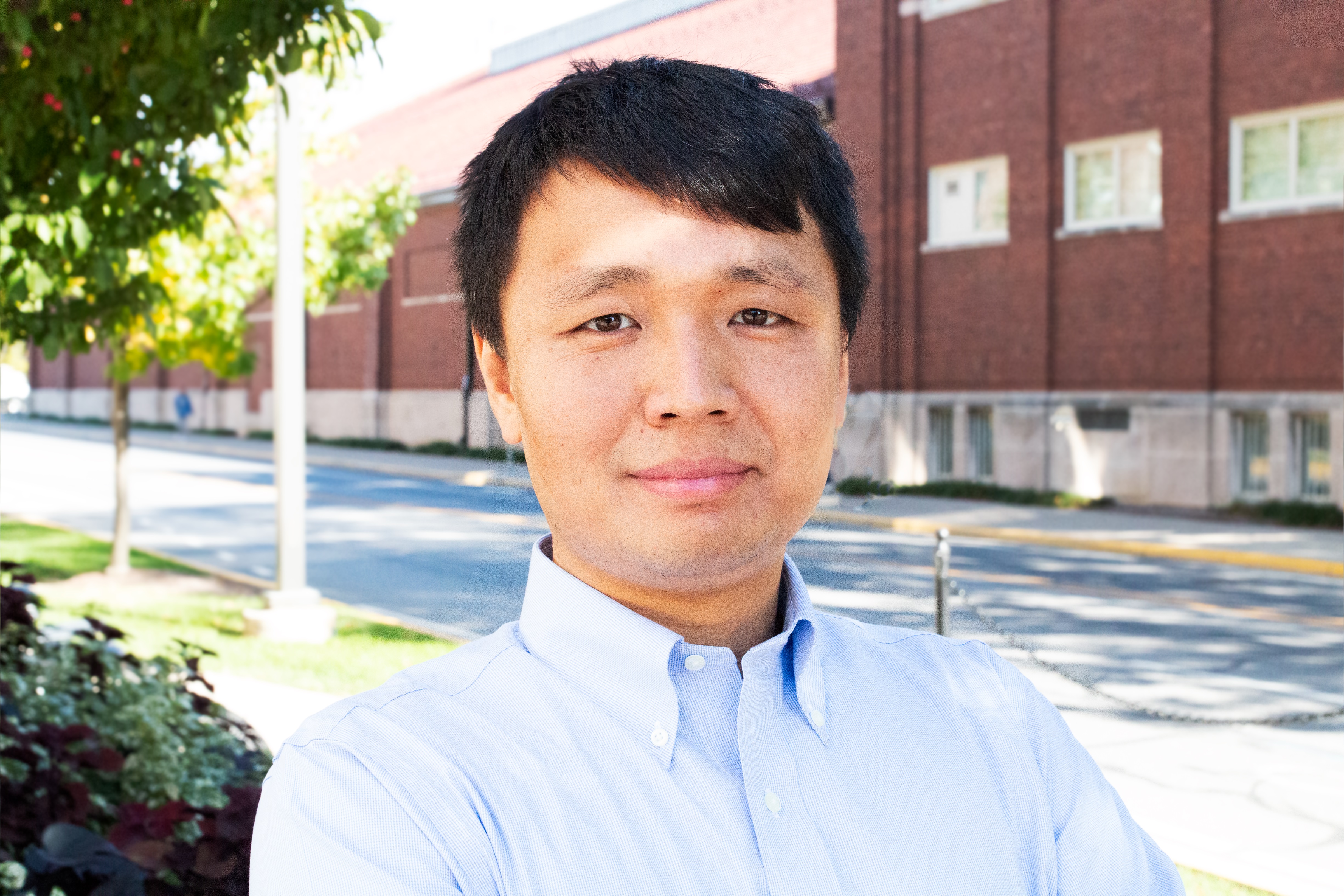Tuesday, Apr 23, 2024
Time: 12:00 - 01:00 PM ET. NSH 3305
Yexiang Xue -- Vertical Reasoning Enhanced Learning, Generation and Scientific Discovery
Abstract:
Automated reasoning and machine learning are two fundamental pillars of artificial
intelligence. Despite much recent progress, the full integration of reasoning and learning is
beyond reach. This talk presents three cases where integrated vertical reasoning significantly
enhances learning. Our first case is in neural generation, where state-of-the-art models struggle
to generate pleasing images while satisfying complex specifications. We introduce Spatial
Reasoning INtegrated Generator (SPRING). SPRING embeds a spatial reasoning module
inside the deep generative network to reason object locations. This embedded approach
guarantees constraint satisfaction, offers interpretability, and facilitates zero-shot transfer
learning. Our second case is in AI-driven scientific discovery, where we embed vertical
reasoning to expedite symbolic regression. Vertical reasoning builds from reduced models that
involve a subset of variables (or processes) to full models, inspired by the human scientific
approach. Vertical discovery outperforms horizontal ones at discovering equations involving
many variables and complex processes, especially in learning PDEs in computational materials
science. In the third case, we demonstrate that vertical reasoning enables constant
approximation guarantees in solving Satisfiable Modulo Counting (SMC). SMC involves model
counting as predicates in Boolean satisfiability. It encompasses many problems that require
both symbolic decision-making and statistical reasoning, e.g., stochastic optimization,
hypothesis testing, solving quantal-response leader-follower games, and learning (inverse
reinforcement learning) with provable guarantees. Using vertical reasoning that streamlines
XOR constraints, our proposed XOR-SMC reduces highly intractable SMC problems into solving
satisfiability instances, while obtaining a constant approximation guarantee.
Bio: Dr. Yexiang Xue is an assistant professor in the Department of Computer Science, Purdue University. The goal of Dr. Xue's research is to bridge large-scale constraint-based reasoning with state-of-the-art machine learning techniques to enable intelligent agents to make optimal decisions in high-dimensional and uncertain real-world applications. More specifically, Dr Xue's research focuses on scalable and accurate probabilistic reasoning, statistical modeling of data, and robust decision-making under uncertainty. His work is motivated by key problems across multiple scientific domains, ranging from artificial intelligence, machine learning, renewable energy, materials science, crowdsourcing, citizen science, urban computing, ecology, to behavioral econometrics. Dr. Xue obtained his PhD from Cornell, supervised by Professor Bart Selman and Professor Carla Gomes, before joining Purdue in 2018. Recently, Dr. Xue has been focusing on developing cross-cutting computational methods, with an emphasis in the areas of computational sustainability and AI-driven scientific discovery.
